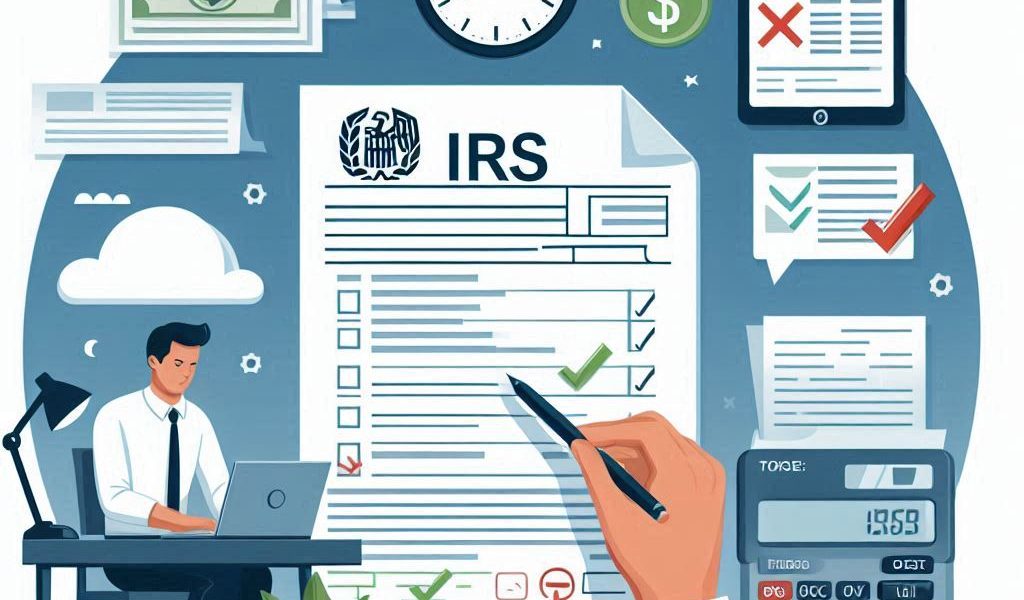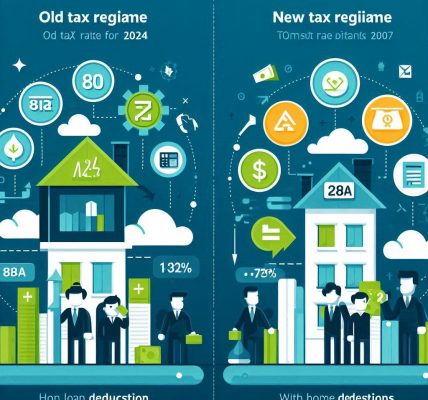Filing taxes can be a stressful process, and even small mistakes can result in lost deductions, penalties, or unnecessary audits. To maximize your tax savings and ensure compliance with tax laws, it’s crucial to avoid common filing errors. This DIY guide will help you navigate tax season smoothly and legally while maximizing your refunds and minimizing liabilities.
1. Incorrect Personal Information
A simple mistake in your personal details can delay your tax return processing or result in rejection.
Common Errors:
- Misspelled names
- Incorrect Social Security Number (SSN) or Taxpayer Identification Number (TIN)
- Mismatched banking details for direct deposit refunds
How to Avoid:
- Double-check all personal information before submitting your return.
- Ensure that the names match exactly as they appear on Social Security records.
- Verify banking details to avoid refund processing delays.
2. Filing Under the Wrong Status
Your filing status affects your tax liability and the deductions you qualify for.
Common Errors:
- Choosing “Single” instead of “Head of Household” when eligible.
- Incorrectly filing as “Married Filing Separately” instead of “Married Filing Jointly.”
How to Avoid:
- Review IRS guidelines for filing statuses.
- If you’re a single parent or supporting a dependent, check if you qualify for “Head of Household.”
- Consult a tax professional if unsure about which status benefits you the most.
3. Math Errors and Miscalculations
Even minor mathematical mistakes can lead to IRS scrutiny or an incorrect tax bill.
Common Errors:
- Incorrectly adding or subtracting income and deductions.
- Transposing numbers (e.g., writing 53 instead of 35).
How to Avoid:
- Use tax software to automatically calculate figures.
- Double-check numbers before submitting.
- Consider hiring a tax preparer if you have a complex return.
4. Overlooking Tax Deductions and Credits
Many taxpayers miss out on valuable deductions and credits, reducing their potential refund.
Commonly Overlooked Deductions & Credits:
- Student loan interest deduction
- Medical expense deductions (if exceeding 7.5% of AGI)
- Child and Dependent Care Credit
- Earned Income Tax Credit (EITC)
- Retirement contributions (IRA or 401(k) deductions)
How to Avoid:
- Keep track of all potential deductions throughout the year.
- Review IRS lists of eligible tax credits and deductions.
- Use tax software or consult a tax professional.
5. Failing to Report All Income
Underreporting income can lead to penalties or an audit.
Commonly Missed Income Sources:
- Freelance or gig economy earnings (e.g., Uber, Airbnb, Fiverr, etc.)
- Interest and dividends from bank accounts or investments
- Rental income
- Cryptocurrency transactions
How to Avoid:
- Gather all W-2s, 1099s, and other income-related documents before filing.
- Use IRS transcript services to check for reported income.
- Ensure that all income sources are accurately reported.
6. Not Taking Advantage of Retirement Contributions
Contributions to retirement accounts can reduce taxable income and provide tax-deferred growth.
Common Mistakes:
- Not contributing to an IRA or 401(k) when eligible.
- Missing the deadline for contributions (typically April 15 for IRAs).
- Forgetting to deduct self-employed retirement contributions.
How to Avoid:
- Maximize contributions to tax-advantaged retirement accounts.
- If self-employed, consider a SEP IRA or Solo 401(k) for tax benefits.
- Track contribution limits and deadlines to avoid penalties.
7. Ignoring State and Local Taxes
Many taxpayers focus only on federal taxes and neglect state and local tax requirements.
Common Errors:
- Not filing a required state tax return.
- Overlooking state-specific deductions and credits.
- Failing to pay local taxes on freelance or side income.
How to Avoid:
- Research state-specific tax laws before filing.
- Use tax software that includes state tax preparation.
- Set aside funds for local tax obligations if applicable.
8. Filing Late or Failing to File at All
Late filings can lead to penalties, interest charges, and missed refunds.
Common Errors:
- Missing the April 15 deadline (or October 15 if an extension was filed).
- Not filing a return because of low income, even if eligible for refundable credits.
How to Avoid:
- Set reminders for tax deadlines.
- File for an extension if necessary, but remember to pay estimated taxes to avoid penalties.
- Even if you don’t owe taxes, file your return to claim potential refunds.
9. Incorrectly Claiming Dependents
Dependents provide valuable tax benefits, but claiming them incorrectly can lead to IRS disputes.
Common Errors:
- Claiming a dependent who has already been claimed by someone else.
- Failing to meet IRS dependency qualifications.
- Not updating dependent information after life changes (e.g., divorce or custody changes).
How to Avoid:
- Verify that you meet IRS guidelines for claiming dependents.
- Communicate with ex-spouses or family members about dependent claims.
- Keep proper documentation to support your claim.
10. Neglecting to Sign and Date Your Return
An unsigned return is considered invalid and can lead to processing delays.
How to Avoid:
- Double-check your return before submission.
- If filing jointly, ensure both spouses sign the return.
- Use electronic filing (e-file) for quicker and more accurate processing.
Final Checklist for a Smooth Tax Filing Process
✔ Double-check personal details (SSN, names, and banking info).
✔ Choose the correct filing status.
✔ Use tax software or a professional to avoid math errors.
✔ Claim all eligible deductions and credits.
✔ Report all sources of income.
✔ Maximize retirement contributions for tax savings.
✔ Ensure compliance with state and local tax laws.
✔ File before the deadline or request an extension if needed.
✔ Verify dependent claims and ensure accuracy.
✔ Sign and date the return before submission.
Conclusion
Avoiding common tax filing mistakes can save you time, money, and stress. By staying organized, using tax software, and understanding tax laws, you can maximize your savings and ensure compliance with IRS regulations. If you have a complex financial situation, consulting a tax professional can help you optimize your tax strategy while avoiding legal issues



